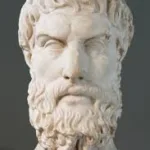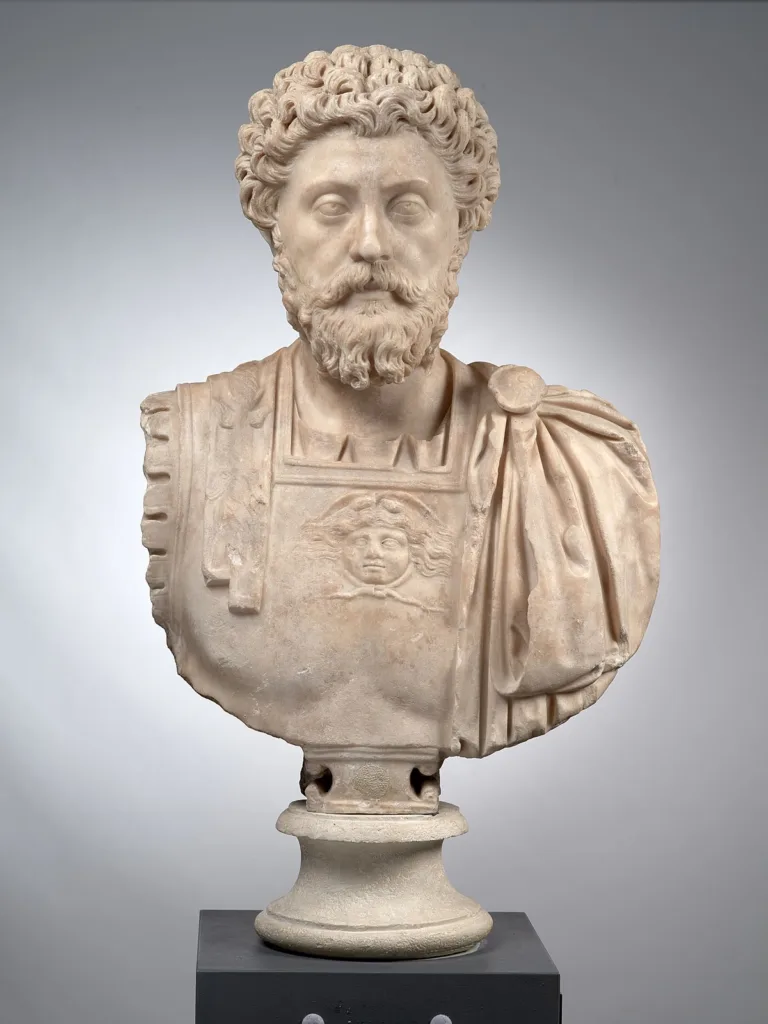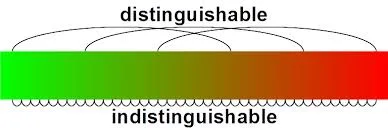Epicurus’ Solution To Suffering

Life is difficult. No matter who you are, you will face challenges; physically, mentally or spiritually. But suffering doesn’t have to be entirely negative. It can build strength and character. But the amount of suffering people endure often is far more intense than character building. Epicurus’ solution to suffering will not stop all suffering, but will mitigate much of it.
Today, human beings are materially better off than they have ever been. This is not just true in the West. It is true everywhere. Extreme poverty is the lowest it’s ever been, and by some distance. In the West, poor people today live much better than they did 50 years ago. Yet despite that, depression and nihilism are up. People are not as happy as they were when they had materially less.
Why? A lot of it is a product of our social environment. Social media has allowed us to see a filtered, unrealistic portrayal of other people’s lives. We feel like we are not doing as well as our peers. Social isolation and a drop in religiosity are also factors. Rising housing and rent prices are huge factors as well. Young adults today are more likely than ever to not be able to own property, and not have any realistic prospect of doing so in the future. But even accounting for this, we have never had more materially.
This is to say that, at least in the West, the increase in unhappiness does not come from a lessening of basic necessities for life. It is more mental, than physical, suffering. This type, rather than that of actually not having enough food or shelter to live, is where Epicurus comes in.
Epicurus believed that the greatest good was to seek modest, sustainable pleasure. This comes from being in the state of ataraxia and aponia. Ataraxia is tranquility and freedom from fear. Aponia is the absence of bodily pain. But rather than achieve these states through acquiring things for pleasure, Epicurus advocated to remove the wanting.
Epicureans break pleasure down into two categories: the physical and the mental. They consider mental, not physical, pleasures to be the greatest sort of pleasure because physical pleasures exist only in the present; while mental pleasures exist in the past, the present, and the future. Those who achieved freedom from physical disturbance were said to be in a state of aponia. Those who achieved freedom from mental disturbances were said to be in a state of ataraxia.
Ataraxia, as both a mental and katastematic pleasure, is key to a person’s happiness. Now let’s break this down. Mental distress is worse than physical distress (with the obvious exceptions of disease, horrific/fatal injuries and the like). This especially applies to the average person in the West.
Much of the unhappiness that people experience is not because they don’t have shelter or don’t have enough to eat. It is because they don’t have something that they desire. This could be status, an achievement, a social interaction, or a purpose. But the things that make us unhappy, the not having of something that we wish we did, are not objective necessities. Epicurus’ solution to suffering calls on us to recognize this.
Therefore, removing the wanting can be the key to removing the unhappiness. You could be doing great in a job, but if you desperately want that VP position, but don’t get it, you could be much more unhappy than someone lower in the hierarchy than you, who doesn’t share a similar need. Of course, struggling to achieve a goal, or to overcome a challenge is a necessary thing to grow, and a fact of life. But this inherent struggle must be balanced so as not to become all consuming.
If you need the adoration of tons of people, you won’t be happy with simply having a couple good friends. If you need to be the best, you won’t be happy with a perfectly successful life, if you are not on top. Conversely, if you don’t have all of these desires, your reality will be a happier one, even if you have “less.”
You could say that Epicureanism is simply changing your mindset to appreciate what you do have. And in a way, Epicureanism can translate into that. But the addition that Epicureanism brings is the suppression of desires. The more you want, the more likely you are to not get what you want. And thus the more likely you are to be unhappy.
My cousin once said that as long as he had a bed to sleep in and food to eat, he would feel happy. And while not an Earth shattering revelation, what he said is a good reminder of how to be happy. If you can be happy with the simple things you get in life, you will be mentally healthier and happier.
Of course, saying this is easier than following through on it. And believe me, while I remind myself of this mindset from time to time, I still often have things that I want but do not have. Some of these desires, specifically of self improvement, are good things to want. You don’t want to be so content with life so as to become complacent.
Like everything though, suppressing desires without becoming complacent is all about balance. You must also have judgement. Some things that you want but don’t have are good things, which will drive you to self improvement. Some are not. But in today’s world of increasing depression and nihilism, we can all take a page from Epicurus’ solution to suffering. Want less, and you will be happier.


